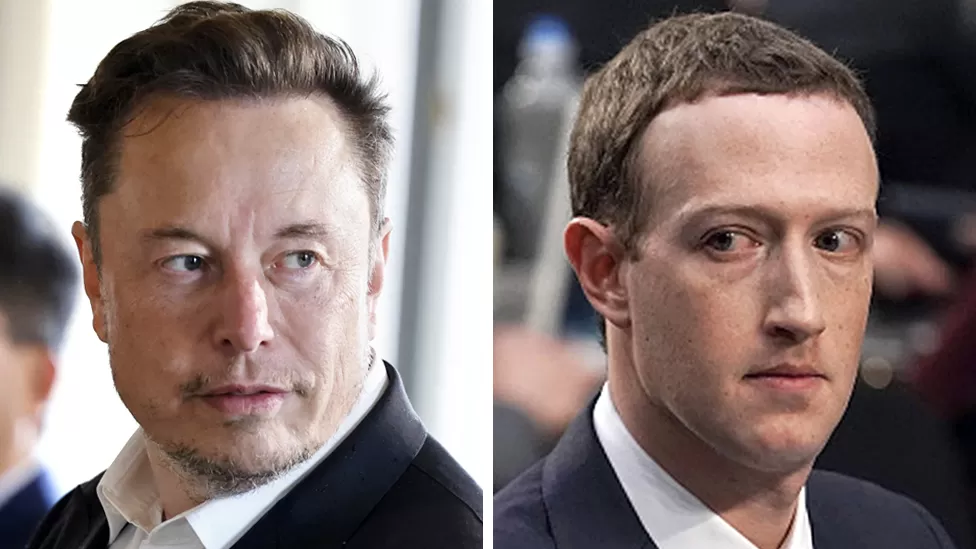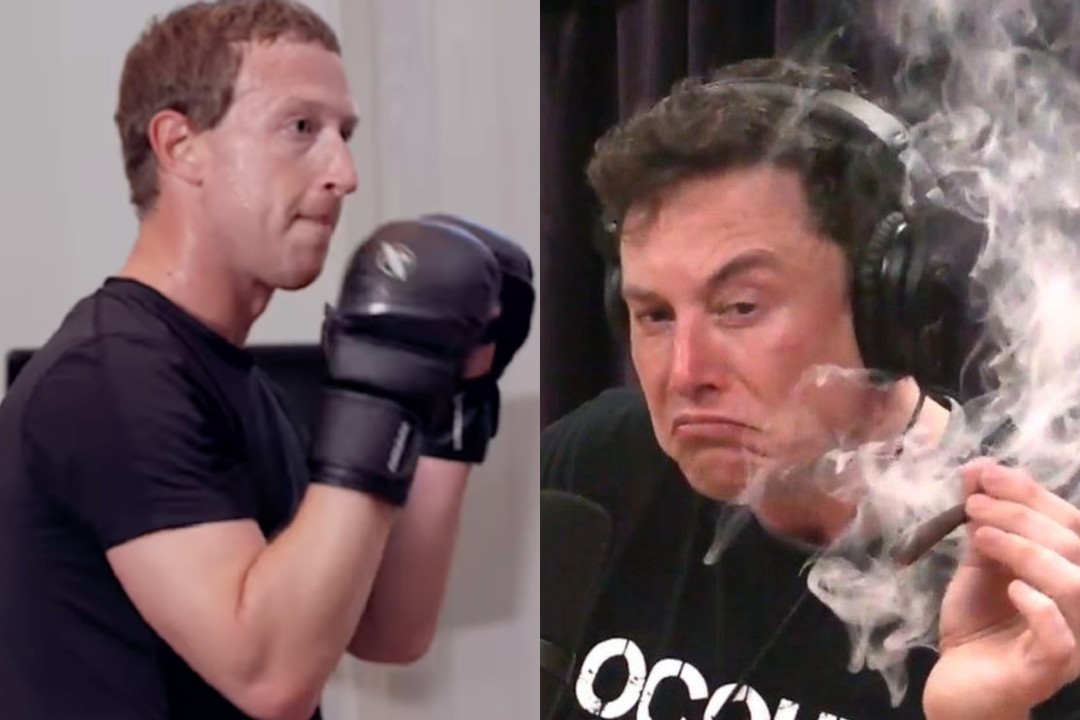Elon Musk, the visionary entrepreneur and CEO of Tesla and SpaceX, has once again made headlines with his recent challenge to Mark Zuckerberg. In a surprising turn of events, Musk, known for his bold and unconventional approach, proposed a cage fight with the Facebook founder, stating, "This cage ain't big enough for the both of us." The clash between Elon Musk and Mark Zuckerberg has generated immense curiosity and speculation among tech enthusiasts and the general public alike. As Elon Musk continues to push the boundaries of innovation and disruption, his name remains at the forefront of groundbreaking technological advancements and daring business ventures.
In a recent twist of events, Elon Musk, the Twitter owner, and Mark Zuckerberg, the head of Meta, found themselves engaged in a playful but attention-grabbing dispute. Musk, known for his unconventional antics, suggested settling their differences through a cage fight, sparking intrigue in the media. Surprisingly, rather than dismissing the idea, Zuckerberg responded with an unexpected "Sure. Where and when?"
This confrontation reminded some of the 2002 celebrity boxing match between Ricky Gervais and Grant Bovey. Dana White, the flamboyant president of the Ultimate Fighting Championship (UFC), expressed his enthusiasm for the Musk-Zuckerberg clash, boldly predicting that it would break all records. However, many wondered why two individuals with a combined wealth of $340 billion would resort to physically battling each other in the Octagon in Las Vegas.

Historically, fighting was seen as a means to escape poverty, exemplified by the inspiring story of Manny Pacquiao, who rose from extreme destitution in the Philippines to become an all-time boxing great. Nowadays, with Musk and Zuckerberg's immense wealth, charitable acts could be achieved without the need for a bruised ego and physical confrontations.
While White mentioned the potential for raising "hundreds of millions of dollars" for charity, few believed this was the primary motivation. It is more likely that Musk's suggestion was simply a joke that flew over Zuckerberg's head. Although one would expect these tech moguls, who control major social media platforms like Twitter, Instagram, and Facebook, to demonstrate better judgment, engaging in meaningful discussions on social media platforms is often challenging, as the platforms are notorious for devolving into contentious and inflammatory exchanges. Sarcasm and humor are easily misinterpreted in digital conversations, exemplified by Musk adding a "lol" to his initial response.
This Musk-Zuckerberg feud highlights the fall from grace of social media platforms, which were once praised for their potential to create friendly and connected communities. In 2010, Zuckerberg was even named Time's Person of the Year for his efforts to transform the isolated and anti-social online world into a more welcoming and inclusive space.
In the end, it seems that settling disagreements through a physical fight in a cage is a far cry from the original ideals of social media.


0 Comments